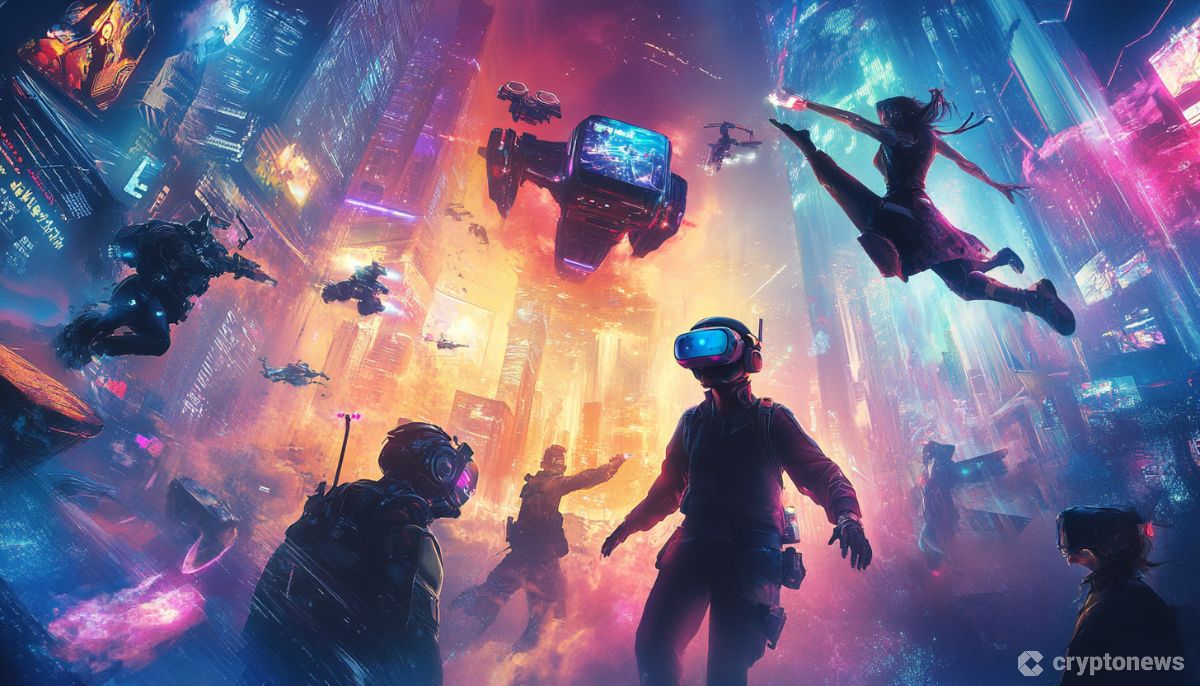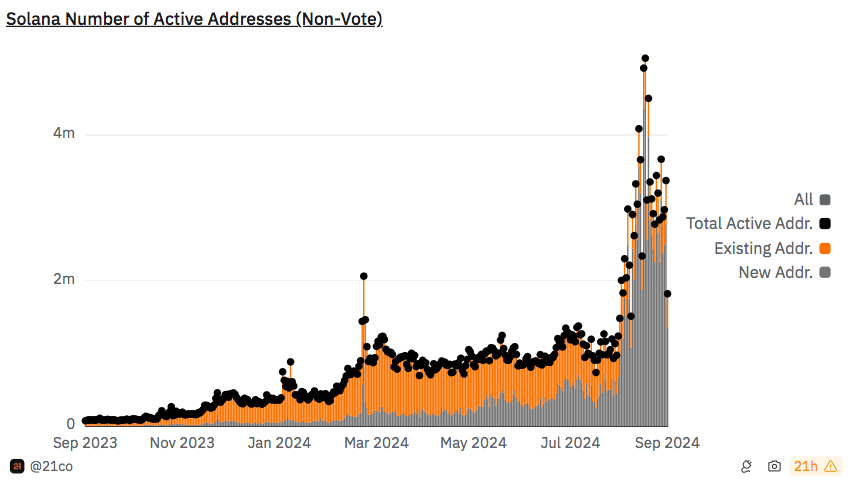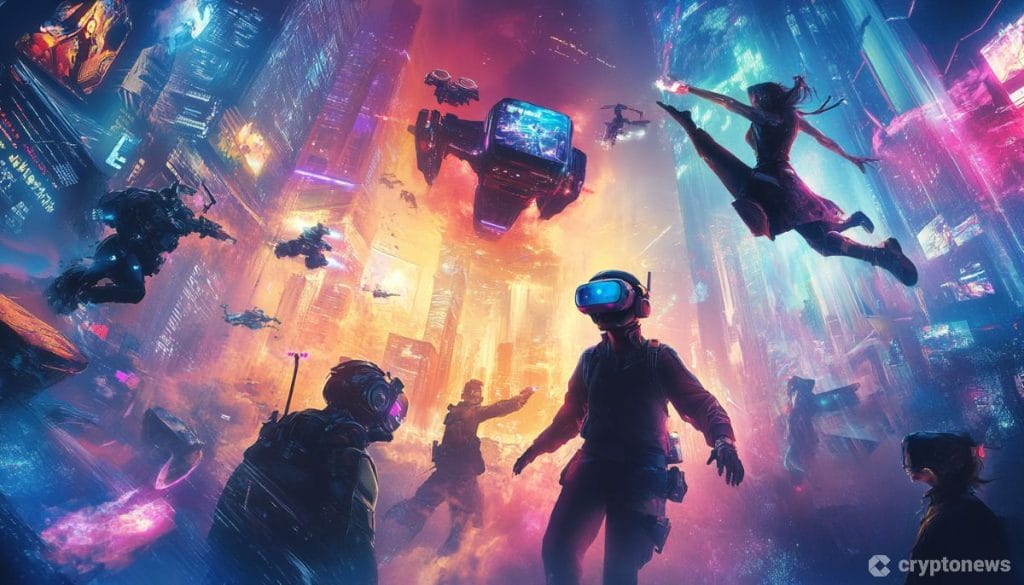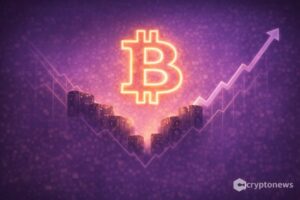Last updated:
 Why Trust Cryptonews
Why Trust Cryptonews

Google Cloud has joined forces with Solana Labs to launch GameShift, a new API designed to make it easier for developers to integrate Web3 features like non-fungible tokens (NFTs) and digital assets into their traditional Web2 games.
Bridging the Gap Between Web2 and Web3
According to the Google Cloud’s post from Sept. 23, GameShift is now available on the Google Cloud Marketplace and offers a comprehensive suite of tools tailored to gaming needs.
These tools include wallets, tokenized assets, on-chain markets, payment systems, and marketplaces. By leveraging GameShift, developers can seamlessly incorporate Web3 elements into their existing game backends, “without requiring any blockchain experience to get started.”
🎮 We’re helping shape the future of gaming through our partnership with @solanalabs! At the center of this collaboration is Gameshift, which provides the full slate of Web3 primitives and actions that games require.
Learn more → https://t.co/HcyaWTXYS1 pic.twitter.com/VIqNVdjTTK
— Google Cloud (@googlecloud) September 23, 2024
GameShift’s user-friendly interface and secure non-custodial wallets provide a smooth experience for players. Additionally, the platform helps game studios accelerate development and reduce costs by simplifying the Web3 integration process.
“Game studios have recently been considering Web3 for new approaches to growth and development, but are often discouraged by the seeming complexity of the technology and the Web3 community,” said Jack Buser, Director for Games at Google Cloud. He added:
“Game studios are already overburdened, and need solutions that provide simplified technical and cultural interfaces to Web3.”
Solana’s Ecosystem Expands
GameShift marks the next chapter in the ongoing collaboration between Google Cloud and Solana Labs. It follows their 2022 announcement, which saw Google Cloud become a node validator on Solana’s blockchain.
Solana’s influence extends beyond the realm of gaming. On Sept. 21, Travala, a crypto-based travel platform, announced its integration with Solana, enabling users to make travel bookings and earn rewards using SOL and stablecoins like Tether (USDT) and USD Coin (USDC).
At the 2024 Solana Breakpoint conference, Solana Labs also introduced its new smartphone, Solana Seeker. Designed for decentralized applications (DApps), the new smartphone features integrated crypto tools like the SeedVault wallet and DApp Seeker Store. Each Solana Seeker generates a unique Seeker Genesis Token and a “soulbound NFT” that unlocks exclusive rewards, offers, and content within the Solana ecosystem.
1/ We’ve been deep in build mode for months, and we’re excited to show you what we’ve been working on.
Introducing the next chapter of Solana Mobile: the Solana Seeker 🧵👇 pic.twitter.com/2UW3Wqhymw
— Seeker | Solana Mobile (@solanamobile) September 19, 2024
Solana Sees Record Surge in Active and New Addresses
The decentralized finance (DeFi) landscape on Solana is experiencing rapid expansion, with Solana’s total value locked (TVL) surpassing $5 billion, fueled by a significant increase in activity across DApps built on the platform.
The number of active addresses on Solana skyrocketed in September, reaching 60.5 million as of Sept. 24, a significant increase of 160% compared to August’s 23.3 million.

The number of new addresses on the Solana blockchain also surged in September, reaching 76.9 million by Sept. 24. This represents a substantial increase of 92% compared to August’s 39.9 million.
Solana’s native token, SOL, is experiencing growth, gaining +4% during the last 24 hours and 17% during the last seven days.
















